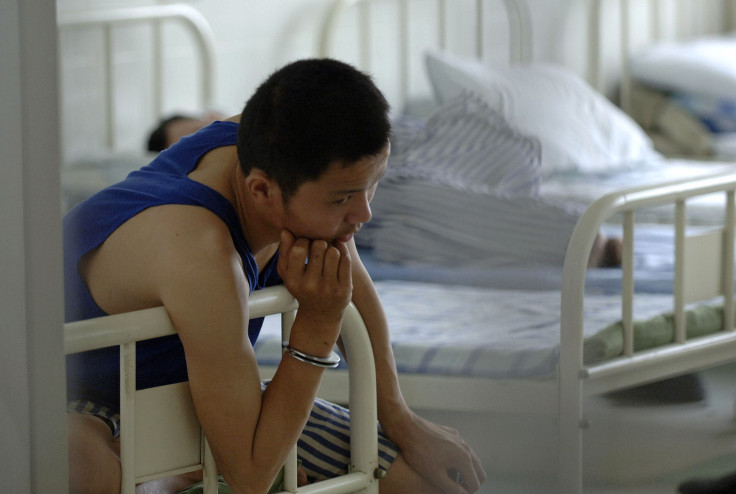Obstructive Sleep Apnea Linked to Depression in Men

A new community-based study carried out on Australian men indicates that severe obstructive sleep apnea, or OSA, and excessive daytime sleepiness are associated with an increased risk of depression in men. Obstructive sleep apnea is the most common form of sleep apnea, the result of an obstruction caused in the upper air pathway and is associated with reduced blood oxygen saturation. It is a potentially dangerous condition since it is linked with other medical conditions such as high blood pressure and increased risk of stroke.
The new study findings, presented at the 2015 American Thoracic Society International Conference, have now added depression in men to the list of these associated medical conditions. Lead author of the study Carol Lang from the University of Adelaide, Australia, says, "An association between sleep apnea and depression has been noted in some earlier studies. Our study, in a large community-based sample of men, confirms a strong relationship even after adjustment for a number of other potential risk factors."
For their study, the researchers analysed the depression levels of 1,875 Australian men between the ages of 35 and 83 years through questionnaires taken five years apart. Also a group of 857 men was randomly selected who had no previous history of OSA, underwent polysomnography at their homes and completed the Epworth Sleepiness Scale questionnaire.
Through their analysis, the researchers found that the previously undiagnosed severe OSA, as well as excessive daytime sleepiness, was associated with an increased prevalence of depression. Also, the men who had both previously diagnosed OSA (mild to moderate or severe OSA) and excessive daytime sleepiness, had four to five times increased risk of having depression than men without either condition.
Lang explained the observations by saying, "Excessive daytime sleepiness and severe OSA were both associated with the prevalence and recent onset of depression in our community-based sample of men, and the presence of both was associated with an even greater risk. Men presenting with depression should be screened for OSA, so that an appropriate course of treatment can be planned."
There are past studies which indicate similar observation. A study, published in the Journal of Clinical Psychiatry, had found that those with sleep apnea were over five times as likely to also have a major depressive disorder as people without apnea after analysing 19,000 people. Moreover, a 2012 study carried out in 10,000 adults at the Centers for Disease Control, or CDC, showed that men and women experiencing snorting and stoppage of breathing during their sleep were three times more susceptible to clinical depression.
To contact the writer, email:ruchira.dhoke@gmail.com





















